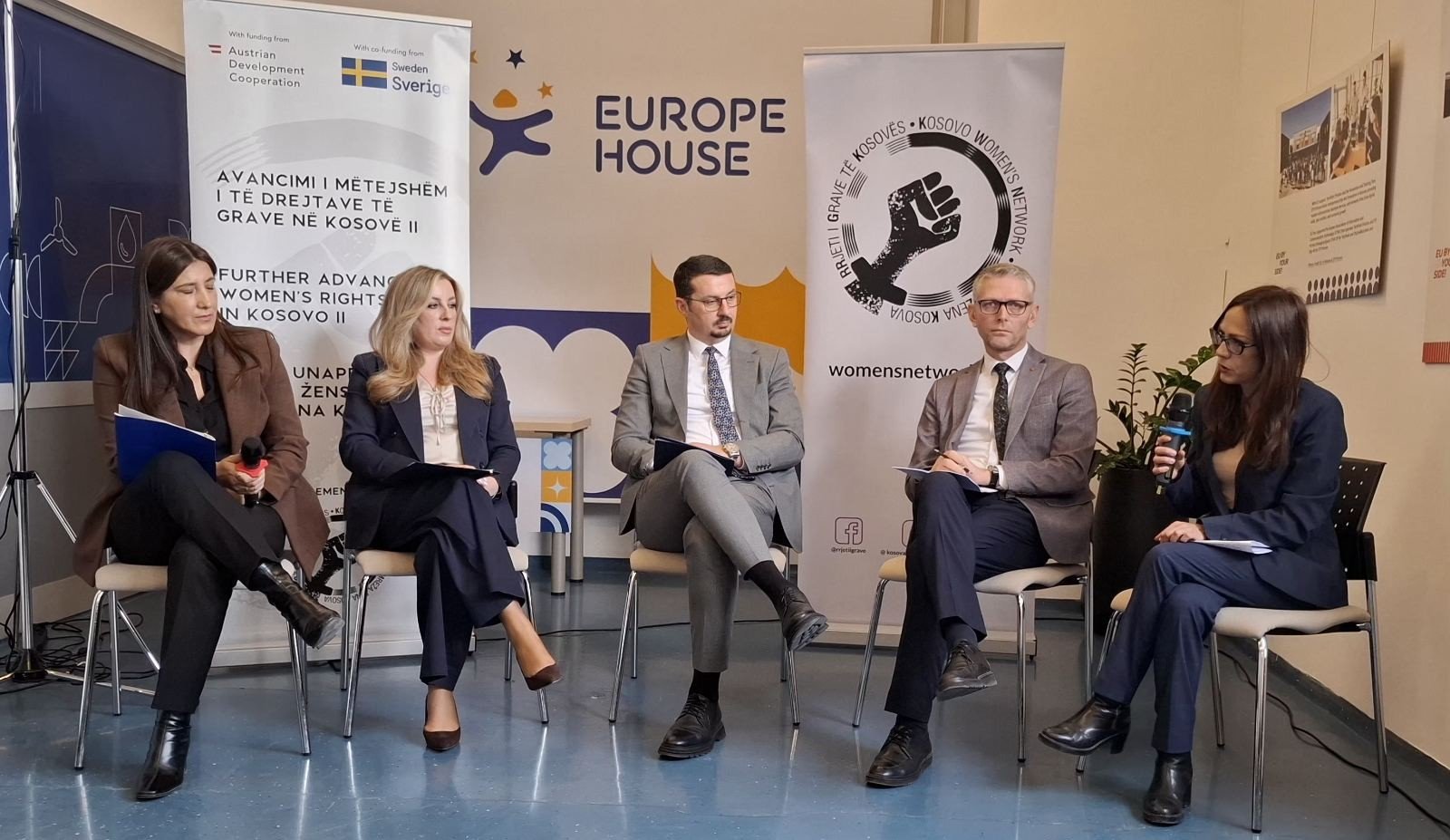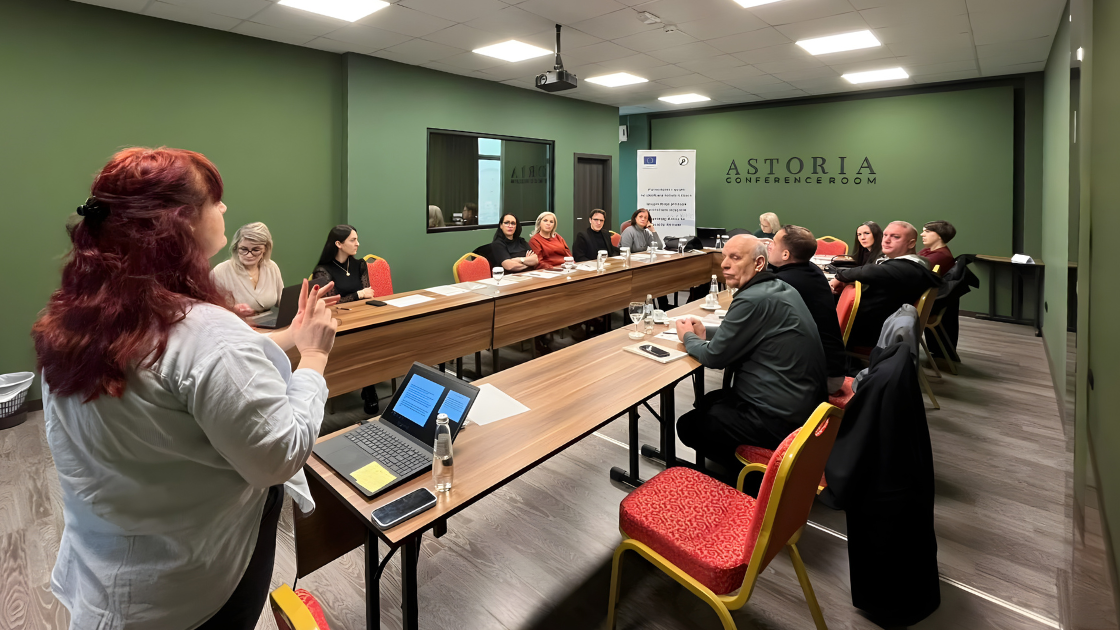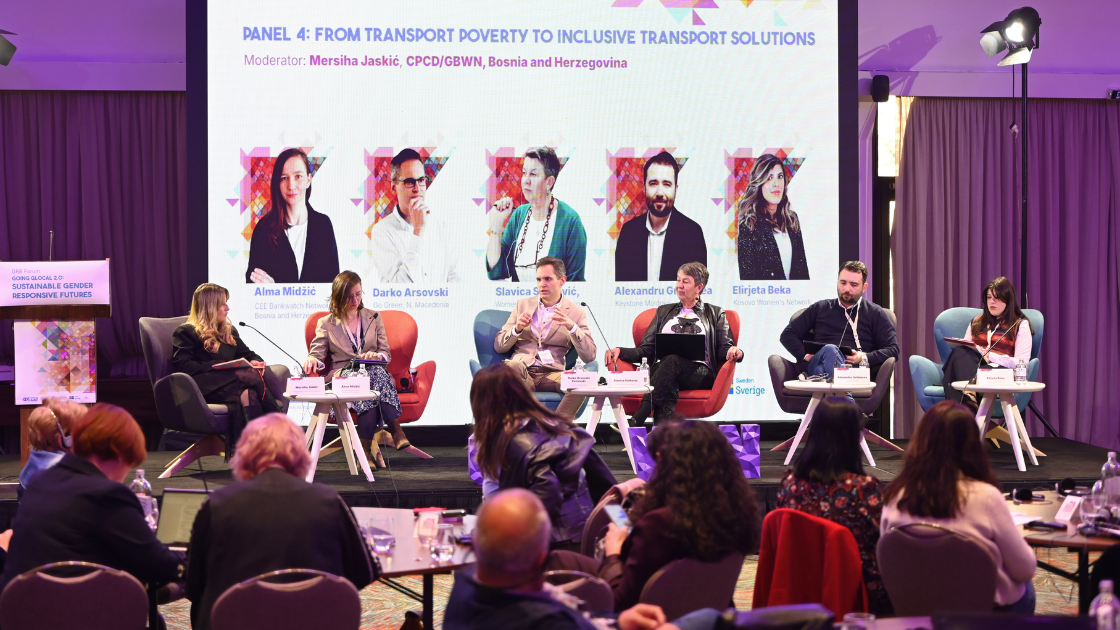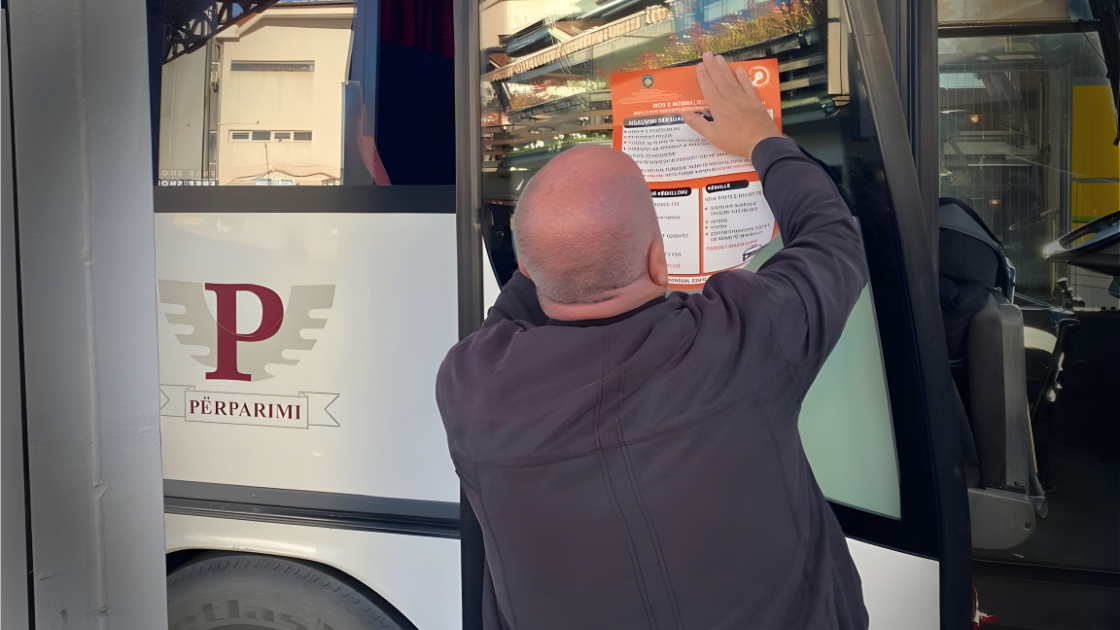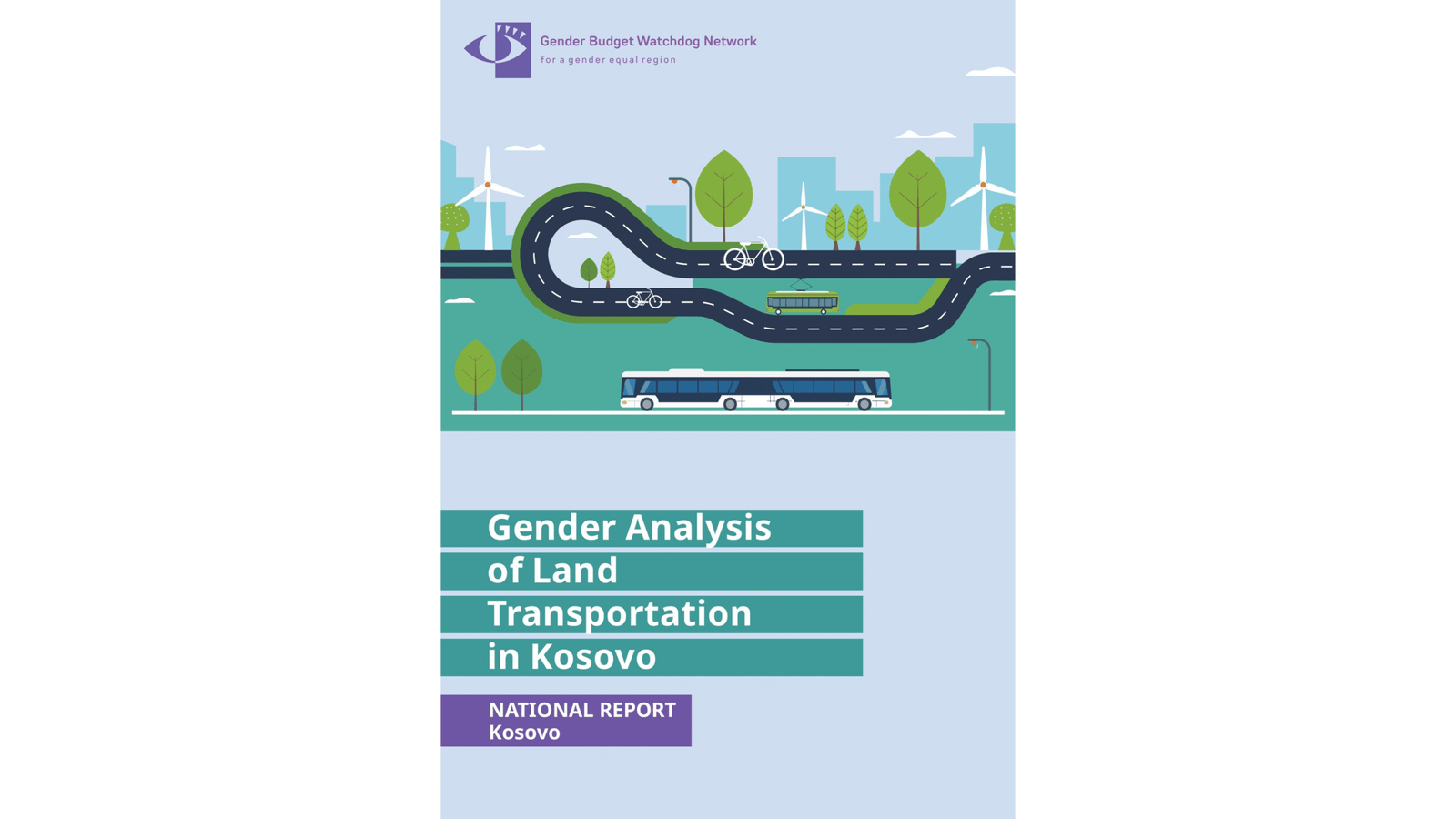For the sixth year in a row in Prishtina was held the Pride Parade by the LGBTI Community (homosexual, lesbian, bisexual, transgender, intersex), activists and supporters of the rights of this community.
On June 9, hundreds of activists gathered in the “Skënderbeu” square of the capital under the slogan “BOTH IN THE STATE AND IN THE FAMILY “.
Shemsie Musa-Çerkini, mother of a gay person, said she was proud of her son and called on Kosovar society to “open its mind and heart”.
“The time has come for them to understand that everyone has the right to decide for themselves, to love whoever they want, to wear whatever they want, to marry whomever they want, to start a family with whomever they want. “, She said.
This year’s parade was held at a time when there is no support in the Assembly of Kosovo for the new Draft Civil Code, which opens the possibility of drafting a law on registration of civil communities between persons of the same sex.
The Kosovo Women’s Network (KWN) once again was part of this parade organized by the Center for the Development of Social Groups (CSGD) and the Center for Freedom and Equality (CEL).



